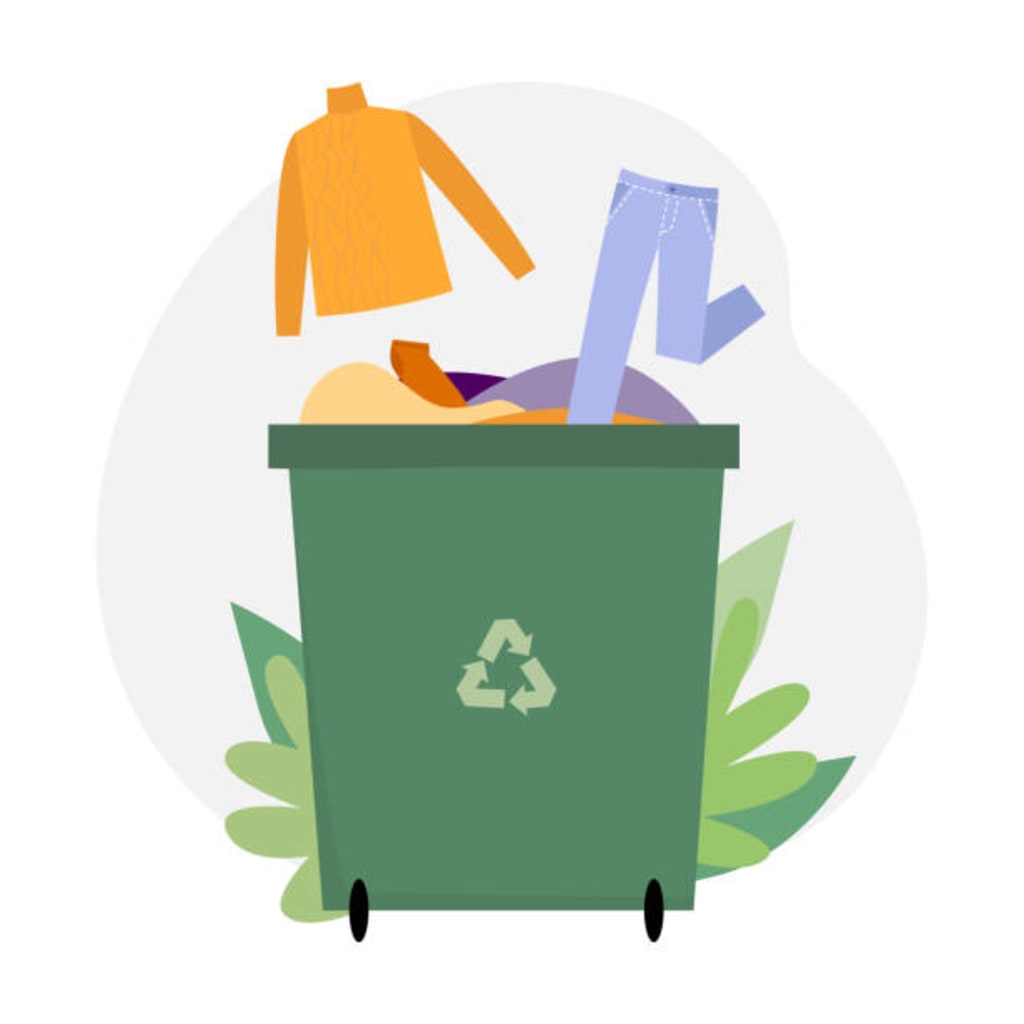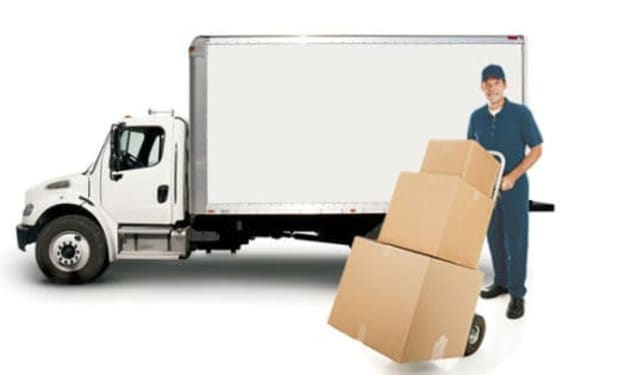
Recycling and donation are two powerful practices that can significantly impact our communities and the environment. By diverting waste from landfills and supporting charitable causes, individuals can contribute to a more sustainable future. In this guide, we will explore effective strategies for recycling and donation, providing you with practical tips on how to make a difference in your community.
I. The Importance of Recycling & Donation
A. Understanding the Environmental Impact
Recycling plays a crucial role in conserving natural resources and reducing the strain on our ecosystems. By recycling materials such as paper, plastic, glass, and metal, we can conserve energy, reduce greenhouse gas emissions, and minimize the need for raw material extraction. Additionally, recycling helps prevent the pollution caused by the manufacturing and disposal of new products.
B. Supporting Charitable Causes
Donation is an excellent way to support charities and nonprofit organizations that work towards various causes. By donating items such as clothing, furniture, appliances, and electronics, you can help individuals and families in need. Your donations can provide essential resources, improve living conditions, and contribute to initiatives such as education, healthcare, and disaster relief efforts.
C. Fostering a Sense of Community Engagement
Engaging in recycling and donation activities promotes a sense of community and encourages others to get involved. When neighbors and community members come together to recycle and donate, it creates a shared purpose and strengthens social bonds. By participating in community clean-up events and organizing donation drives, you can foster a collaborative spirit and inspire others to take action.
II. Getting Started with Recycling
A. Know Your Local Recycling Guidelines
Start by familiarizing yourself with the recycling guidelines specific to your area. Different municipalities may have different recycling processes and accepted materials. Check with your local waste management authority or visit their website to understand which items can be recycled, how to prepare them for recycling, and any sorting requirements.
B. Setting Up a Recycling System at Home
Create a designated recycling area in your home to make recycling easier and more convenient. Place separate bins or containers for different recyclable materials such as paper, plastic, glass, and metal. Label each container to ensure proper sorting. Educate your family members or housemates about the recycling system and encourage their participation.
C. Educating Your Family and Neighbors
Spread awareness about the importance of recycling within your household and community. Inform your family members and neighbors about the benefits of recycling, the impact of waste on the environment, and the positive changes recycling can bring. Encourage them to adopt recycling habits and offer assistance or resources to help them get started.
III. Effective Recycling Practices
A. Reduce and Reuse: The Foundation of Recycling
Before recycling, focus on reducing and reusing items. Minimize waste by opting for reusable alternatives such as cloth shopping bags, water bottles, and food containers. Donate or sell items that are still in good condition but no longer needed. By reducing consumption and reusing items, you can significantly decrease the amount of waste generated.
B. Proper Sorting and Separation of Recyclables
To ensure that your recyclables are effectively processed, it is important to sort and separate them correctly. Follow the guidelines provided by your local waste management authority for proper recycling procedures. Rinse containers, remove caps or lids, and separate different types of materials. Contaminated or improperly sorted items may not be recyclable and can hinder the recycling process.
C. Recycling Beyond Paper and Plastic: Exploring Other Materials
While paper and plastic are commonly recycled materials, there are many other items that can be recycled as well. Investigate recycling options for materials like glass, metal, batteries, electronics, and textiles. Some items may require special handling or drop-off locations. Research local recycling centers or collection events for these specific materials.
IV. Maximizing Donation Impact
A. Identifying Local Charities and Nonprofits
Research and identify local charities and nonprofit organizations that accept donations. Look for organizations that align with your values and causes you are passionate about. Consider reaching out to community centers, shelters, schools, and religious institutions as they often have programs in place to distribute donations to those in need.
B. Researching Donation Guidelines and Requirements
Each organization may have specific guidelines and requirements for accepting donations. Check their websites or contact them directly to learn about the types of items they accept, any condition requirements, and drop-off or pick-up procedures. Understanding their guidelines ensures that your donations are appropriate and can be effectively utilized.
C. Preparing Items for Donation: Cleaning and Organizing
Before donating items, ensure they are clean, functional, and in good condition. Wash and dry clothing, linens, and other fabric items. Clean appliances and electronics, ensuring they are in working order. Organize and package items neatly to make it easier for donation centers to process and distribute them efficiently.
V. Donating Responsibly

A. Ensuring the Quality and Condition of Donated Items
When donating, it is crucial to provide items that are in good condition. Avoid donating items that are heavily damaged, torn, or stained, as they may not be suitable for redistribution. Your donations should be useful and bring value to those who receive them.
B. Considerations for Furniture and Electronics
Furniture and electronics are often sought after by individuals and families in need. Ensure that furniture is clean, functional, and free from significant damage. For electronics, include all necessary cables, chargers, and accessories. If possible, include user manuals or instructions to help the recipients make the most of the items.
C. Making Monetary Donations: Choosing Reputable Organizations
In addition to donating physical items, consider making monetary donations to support charities and nonprofits directly. Research reputable organizations that are transparent about their financial management and impact. Verify their credentials and evaluate their track record of using donations effectively to make a positive difference.
VI. Engaging the Community
A. Organizing Community Cleanup Events
Take the initiative to organize community cleanup events to promote environmental awareness and action. Collaborate with local authorities, community groups, and volunteers to plan and execute clean-up initiatives. By cleaning up public spaces like parks, beaches, and streets, you can raise awareness about the importance of waste management and encourage community participation.
B. Hosting Donation Drives and Swap Events
Organize donation drives or swap events where community members can gather and exchange items they no longer need. Encourage the community to donate their gently used items and provide a space for others to find something useful. By facilitating these events, you create opportunities for people to connect, reduce waste, and support one another.
C. Educating Others: Spreading Awareness and Encouraging Participation
Become an advocate for recycling and donation by educating others about their importance and benefits. Use various channels such as social media, local newsletters, community meetings, or workshops to share information and success stories. Encourage others to get involved, ask questions, and take steps towards a more sustainable and caring community.
VII. Tracking and Celebrating Progress
A. Monitoring Recycling Rates and Diversion Metrics
Keep track of your community's recycling rates and waste diversion metrics. Collaborate with local authorities or waste management organizations to access data or reports on recycling progress. Identify areas for improvement and work together to implement strategies that promote higher recycling rates and waste reduction.
B. Recognizing Community Achievements and Milestones
Celebrate achievements and milestones in recycling and donation within your community. Recognize individuals, organizations, or businesses that have made significant contributions. Share success stories and positive impacts through community events, newsletters, or local media outlets. Highlighting these achievements encourages continued participation and motivates others to join the effort.
C. Sharing Success Stories: Inspiring Others to Get Involved
Share success stories of individuals or groups within your community who have made a difference through recycling and donation efforts. Highlight the positive outcomes, the impact on people's lives, and the benefits to the environment. Inspire others by showcasing how their actions, no matter how small, can create a meaningful impact and encourage further engagement.
Conclusion:
By following the strategies outlined in this guide, you can become a catalyst for change in your community. Effective recycling and donation practices not only help preserve our environment but also support charitable organizations and foster a sense of community engagement. Remember, every small action counts, and together we can make a significant difference. Start today and be a part of creating a more sustainable future for all.






Comments
There are no comments for this story
Be the first to respond and start the conversation.